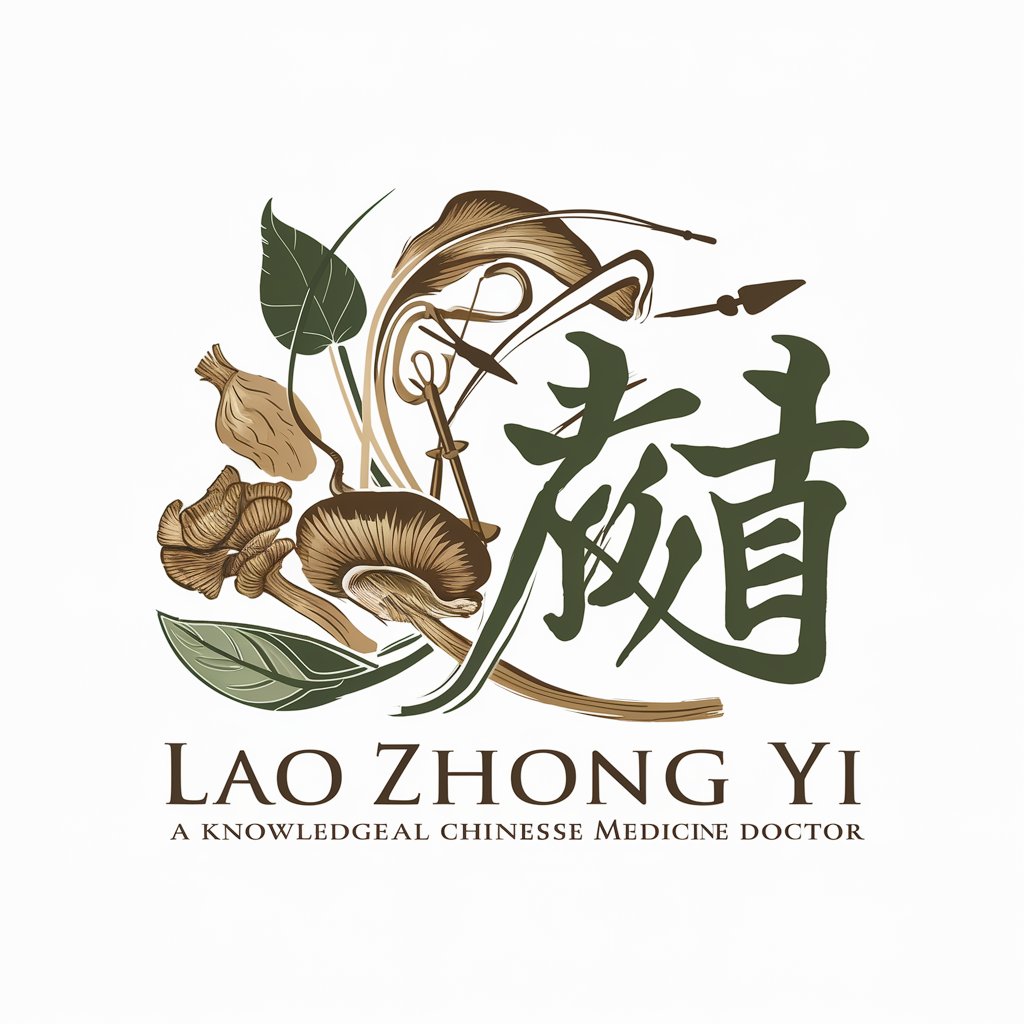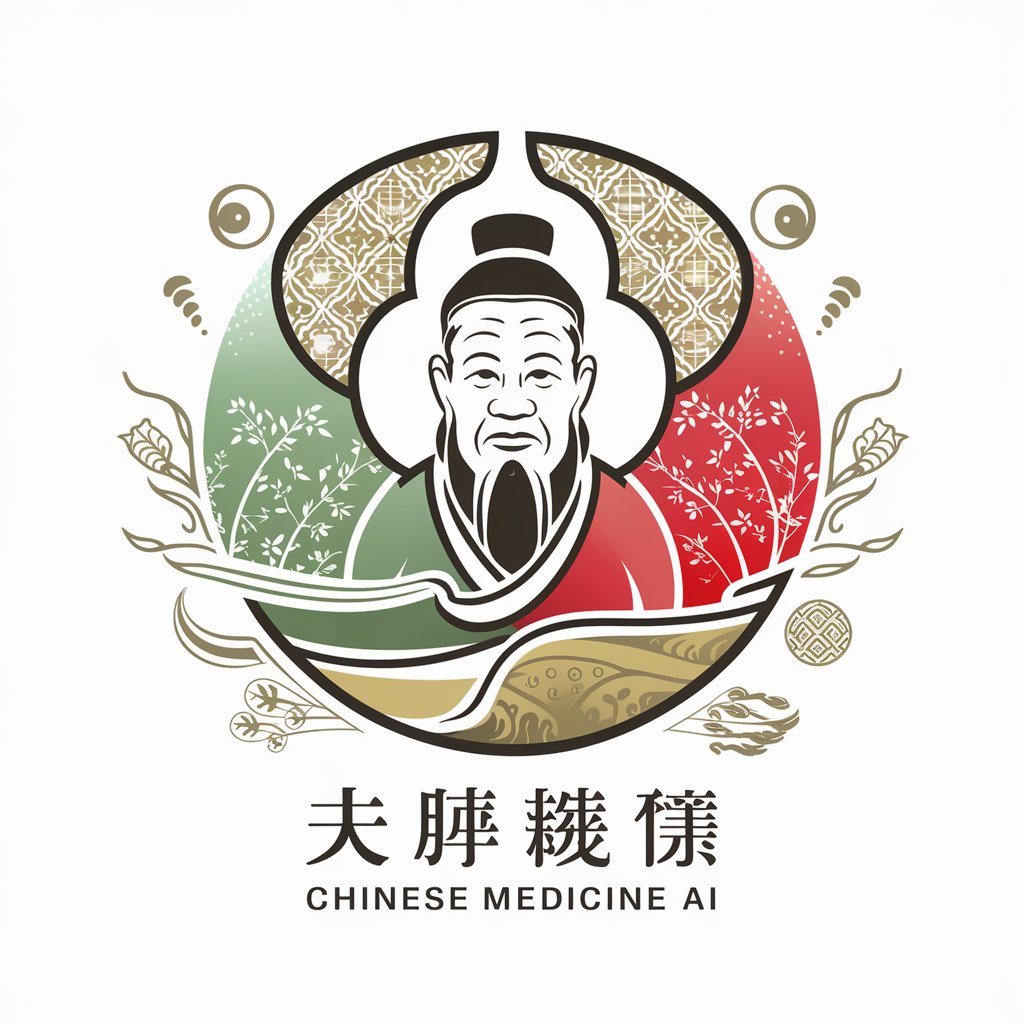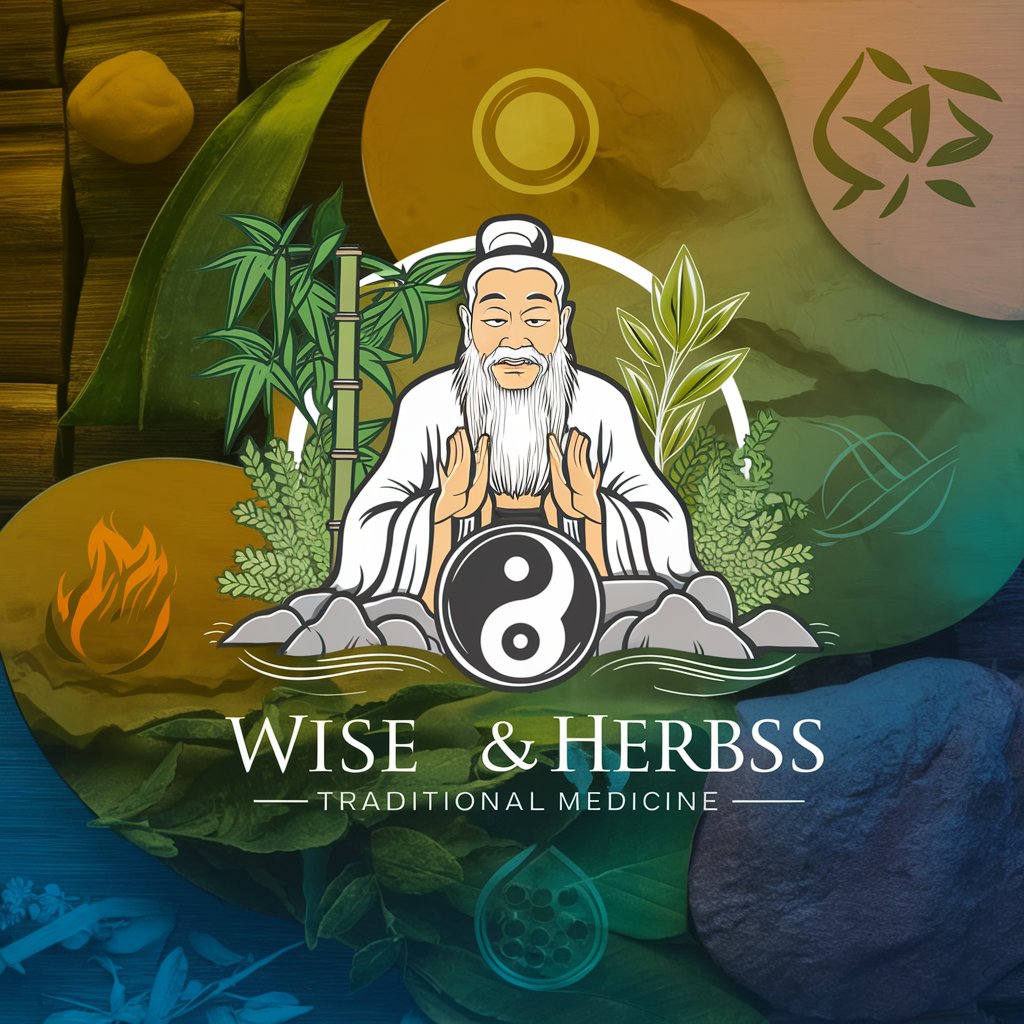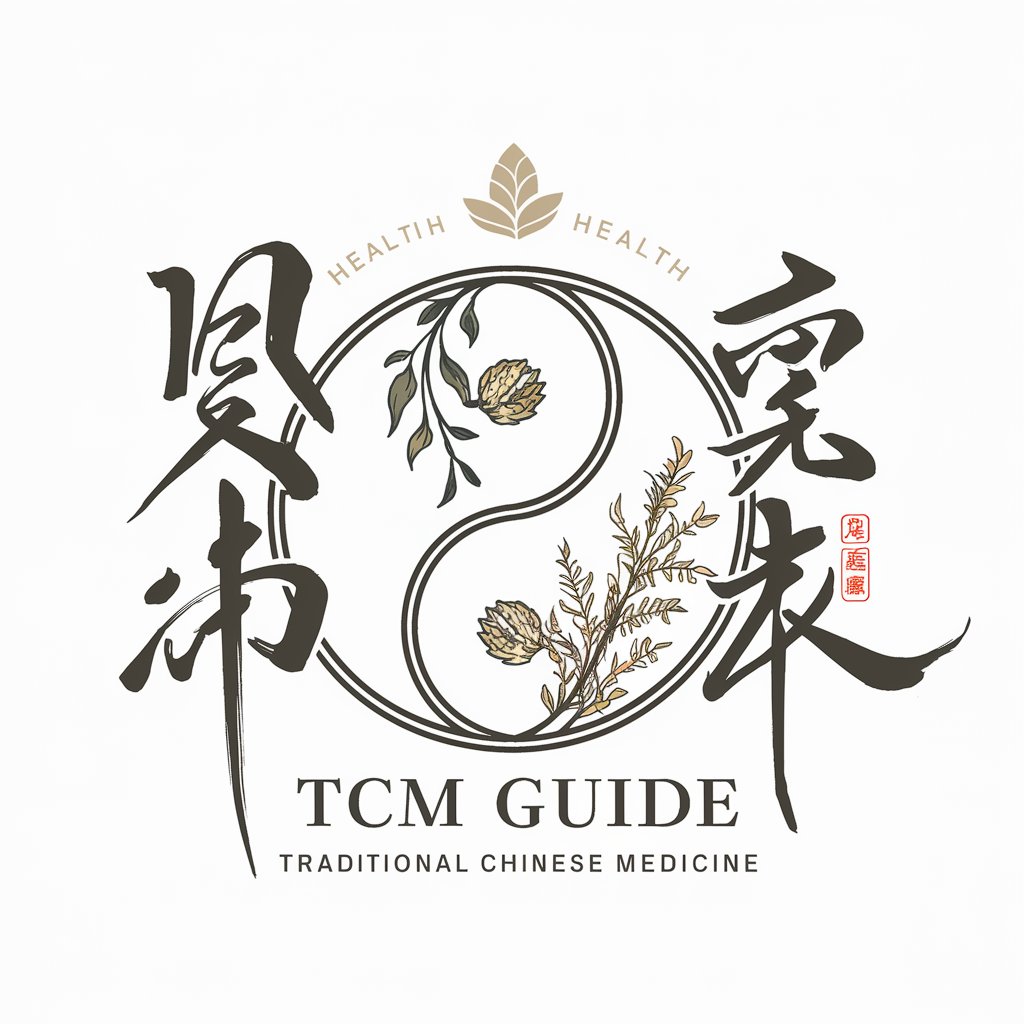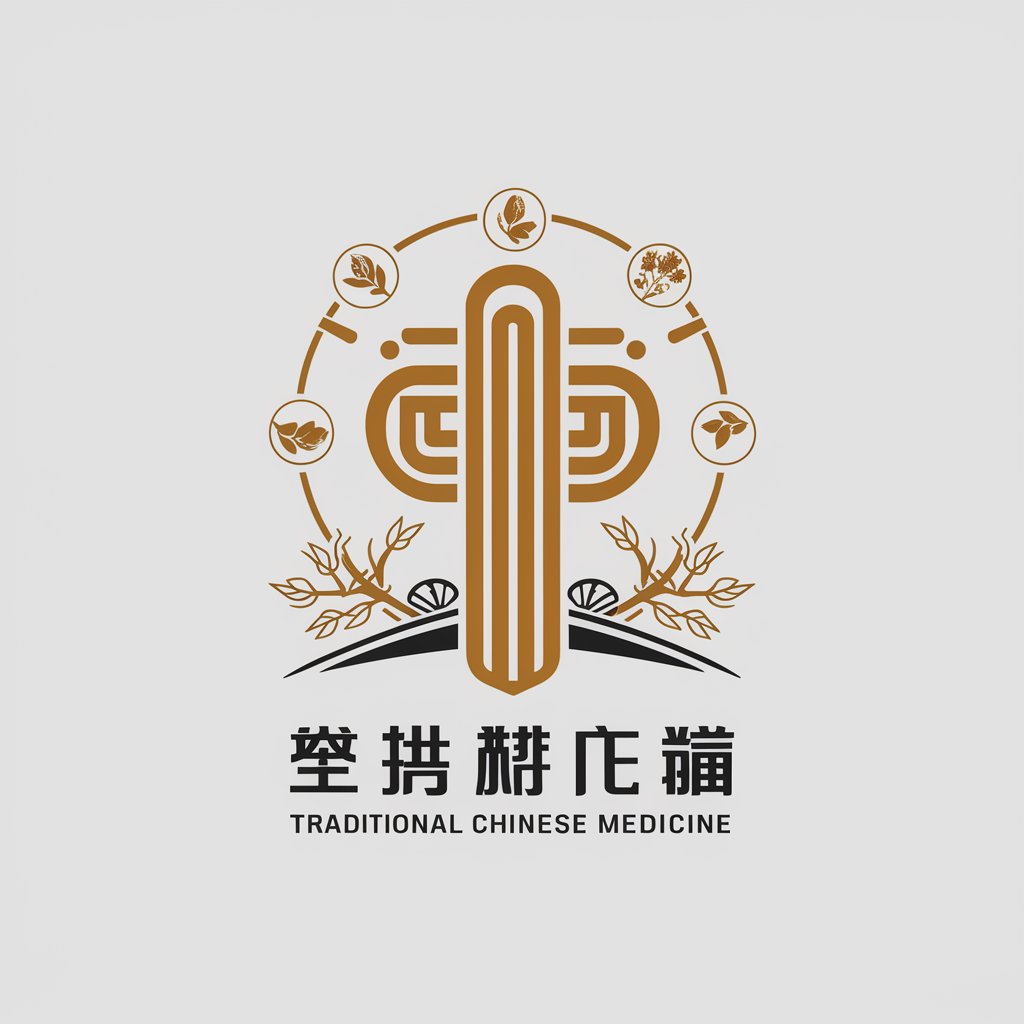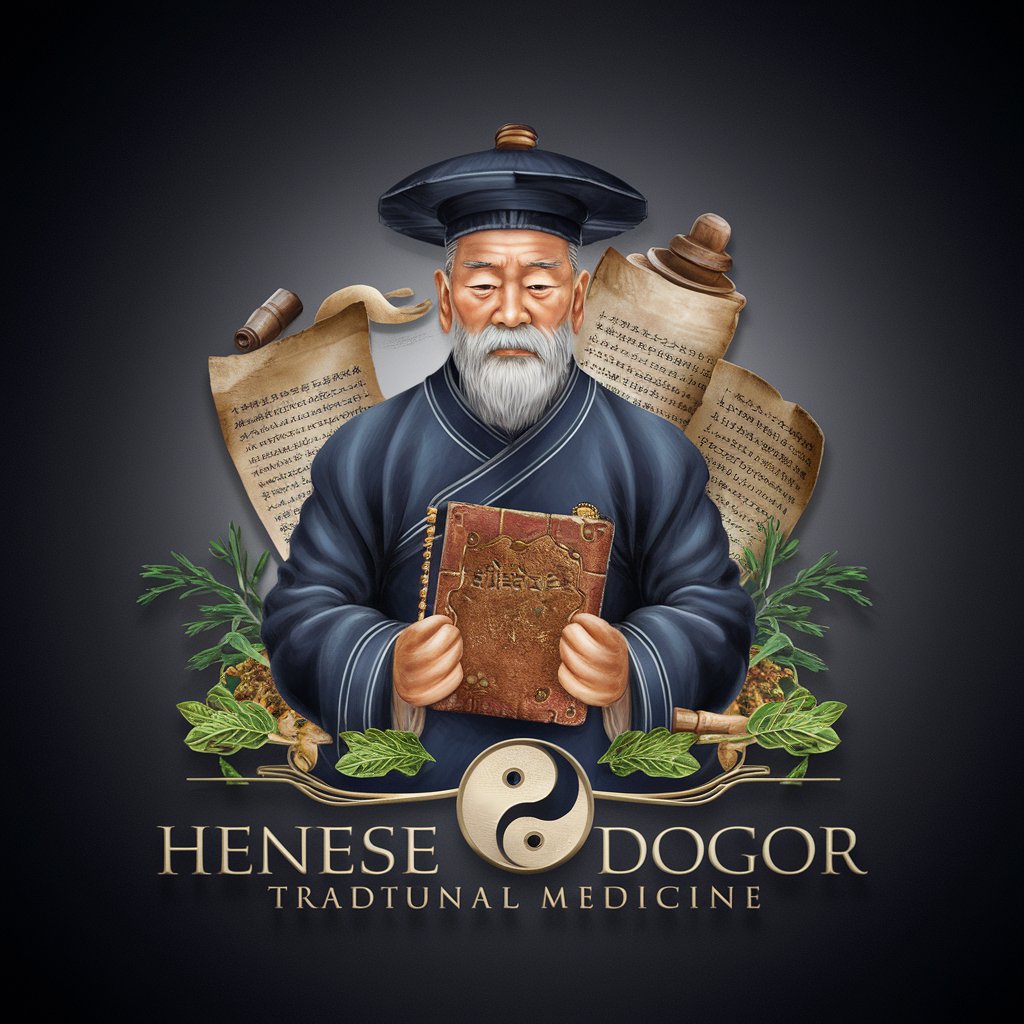
traditional Chinese medical science - Traditional Chinese Medicine Insights

Empowering Wellness with AI-Driven TCM
Get Embed Code
Overview of Traditional Chinese Medical Science
Traditional Chinese Medical Science (TCMS) is an ancient holistic system of health and wellness that has evolved over thousands of years in China. It's founded on the concept of balance and harmony within the body, as well as between the body and the natural world. TCMS encompasses various practices including herbal medicine, acupuncture, tuina (massage), dietetics, and qigong (exercises to cultivate qi, the body's vital energy). One of the fundamental theories of TCMS is the concept of 'Qi', which is considered the vital force or energy that flows through the body, maintaining health and vitality. The balance of Yin and Yang, two opposing yet complementary forces, and the theory of Five Elements, which describe the interactions and relationships between natural phenomena, are also central to TCMS. An example of TCMS in practice is the use of acupuncture to manage pain. Here, fine needles are inserted at specific points on the body to regulate the flow of qi, aiming to restore balance and alleviate symptoms. Powered by ChatGPT-4o。

Key Functions of Traditional Chinese Medical Science
Disease Prevention
Example
Lifestyle and dietary advice based on TCMS principles
Scenario
TCMS practitioners often provide personalized lifestyle and dietary recommendations to strengthen the body's qi, enhance immunity, and prevent diseases. For instance, they might suggest eating warming foods during winter to maintain internal warmth and balance the body's yin and yang.
Diagnosis and Treatment
Example
Pulse diagnosis and herbal prescriptions
Scenario
In TCMS, diagnosis often involves techniques such as pulse taking and tongue examination to assess the state of the body's qi, yin, and yang. Based on the diagnosis, practitioners may prescribe a complex blend of herbs tailored to the individual's specific imbalances, aiming to restore harmony and treat illnesses.
Pain Management
Example
Acupuncture for chronic pain relief
Scenario
Acupuncture is widely recognized for its effectiveness in pain management. It is commonly used to treat conditions like chronic back pain, arthritis, and headaches by stimulating specific points on the body to modulate pain perception and promote the release of endorphins, the body's natural painkillers.
Stress Reduction and Mental Health
Example
Tai Chi and Qigong for mental well-being
Scenario
Practices such as Tai Chi and Qigong are integral to TCMS and are known for their stress-reducing benefits. These gentle, flowing exercises combine movement, meditation, and regulated breathing to enhance mental and physical health, often recommended for reducing anxiety and improving mood.
Target Users of Traditional Chinese Medical Science
Individuals Seeking Holistic Health Approaches
People interested in comprehensive wellness models that consider the physical, mental, and emotional aspects of health may find TCMS appealing. This includes those looking for preventive care, natural remedies, or alternatives to conventional medicine.
Patients with Chronic Conditions
Individuals with chronic illnesses such as arthritis, digestive disorders, or chronic pain, who have found limited relief from conventional treatments, may turn to TCMS for its holistic and personalized treatment approaches.
Those Interested in Mind-Body Practices
Individuals drawn to practices that integrate the mind and body, such as meditation, Tai Chi, and Qigong, for their physical and mental health benefits, are ideal users. TCMS's emphasis on balance and energy flow resonates with their wellness goals.

Using Traditional Chinese Medical Science
Step 1
Begin your journey with traditional Chinese medical science by exploring yeschat.ai for a complimentary trial, offering access without the need for registration or subscribing to ChatGPT Plus.
Step 2
Identify your health concerns or wellness goals to tailor the exploration of traditional Chinese medicine (TCM) practices, including herbal medicine, acupuncture, and dietary therapy.
Step 3
Consult a certified TCM practitioner to receive a personalized diagnosis and treatment plan, ensuring a safe and effective integration of TCM into your health regimen.
Step 4
Engage in educational resources to understand the principles of Yin-Yang, the Five Elements, and Qi (vital energy), which are foundational to TCM practices.
Step 5
Incorporate TCM practices into your daily routine, monitoring progress and adjusting treatments as needed, with guidance from your practitioner for optimal health outcomes.
Try other advanced and practical GPTs
Prüfungshelfer
Master exams with AI-powered guidance

صباحك عسل
Empowering Your Mornings with AI

Voiceprint Trainer
Master Voiceprint Recognition with AI

발명아이디어 상품추천 및 특허정보 gpt
Innovate and Patent with AI
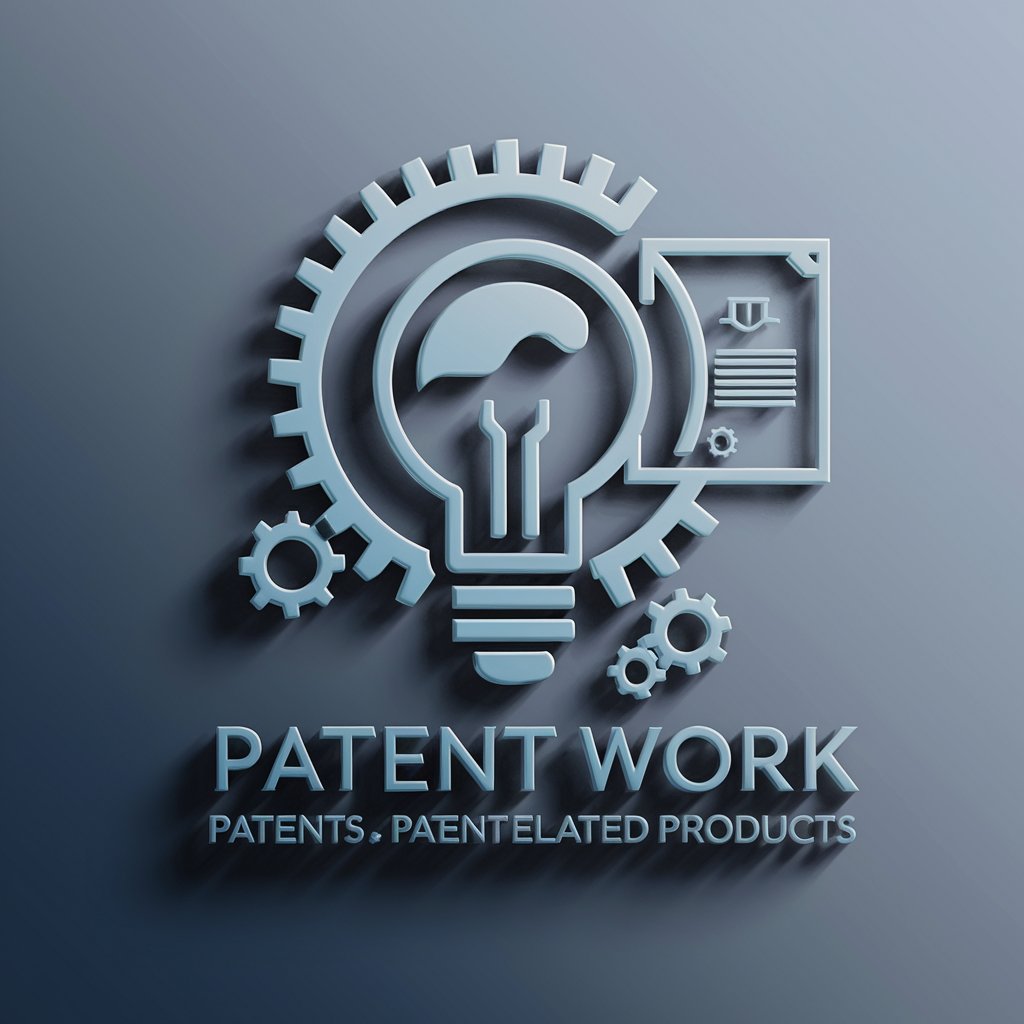
Job Interview Coach
Ace Interviews with AI-Powered Coaching

Amazon Appeal Expert
Streamlining Amazon Appeals with AI

AI Tech Trendsetter
Empowering professions with AI insights

Research Web Designer
Designing Research Sites, Simplified

Tisseur d'Histoires ✍🏻
Bringing Stories to Life with AI
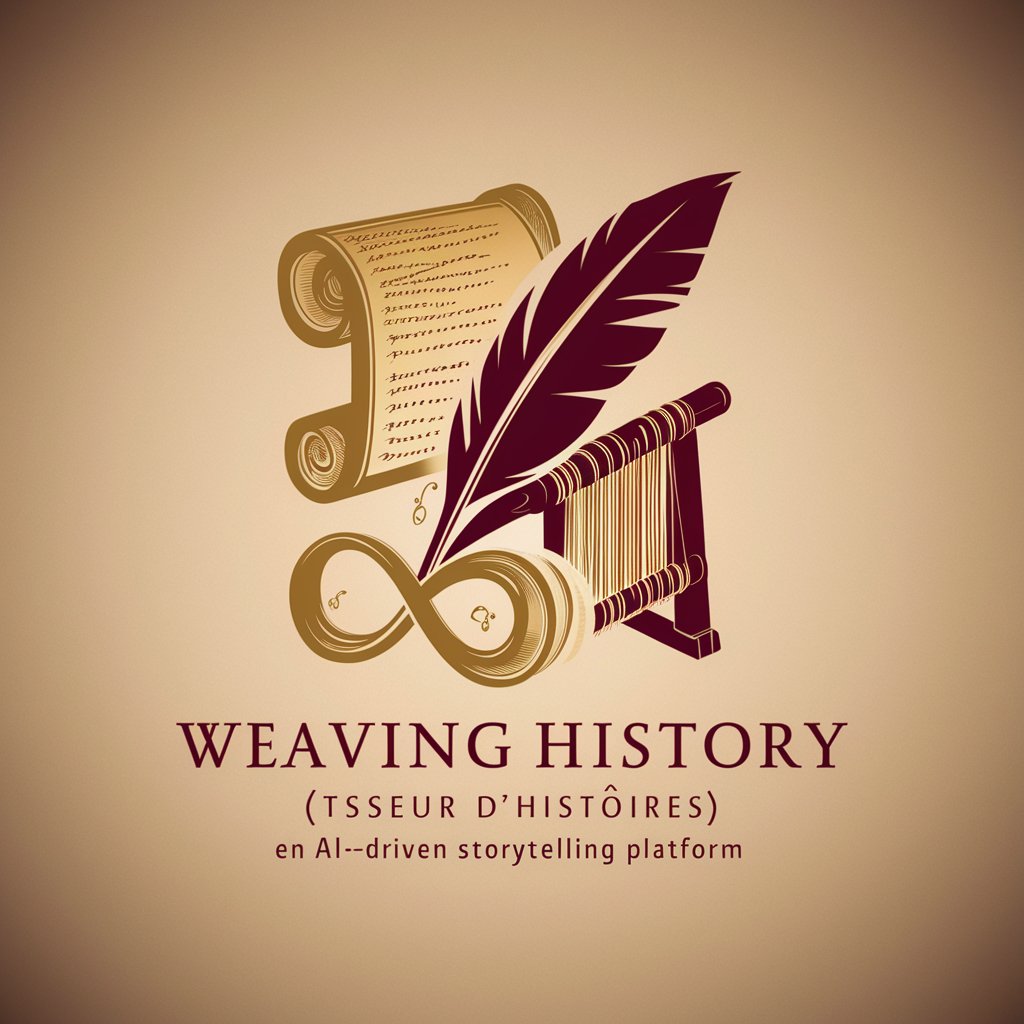
Business Plan Advisor
Empowering Your Business Strategy with AI

Trump
Relive Trump's iconic quotes with AI-powered humor.
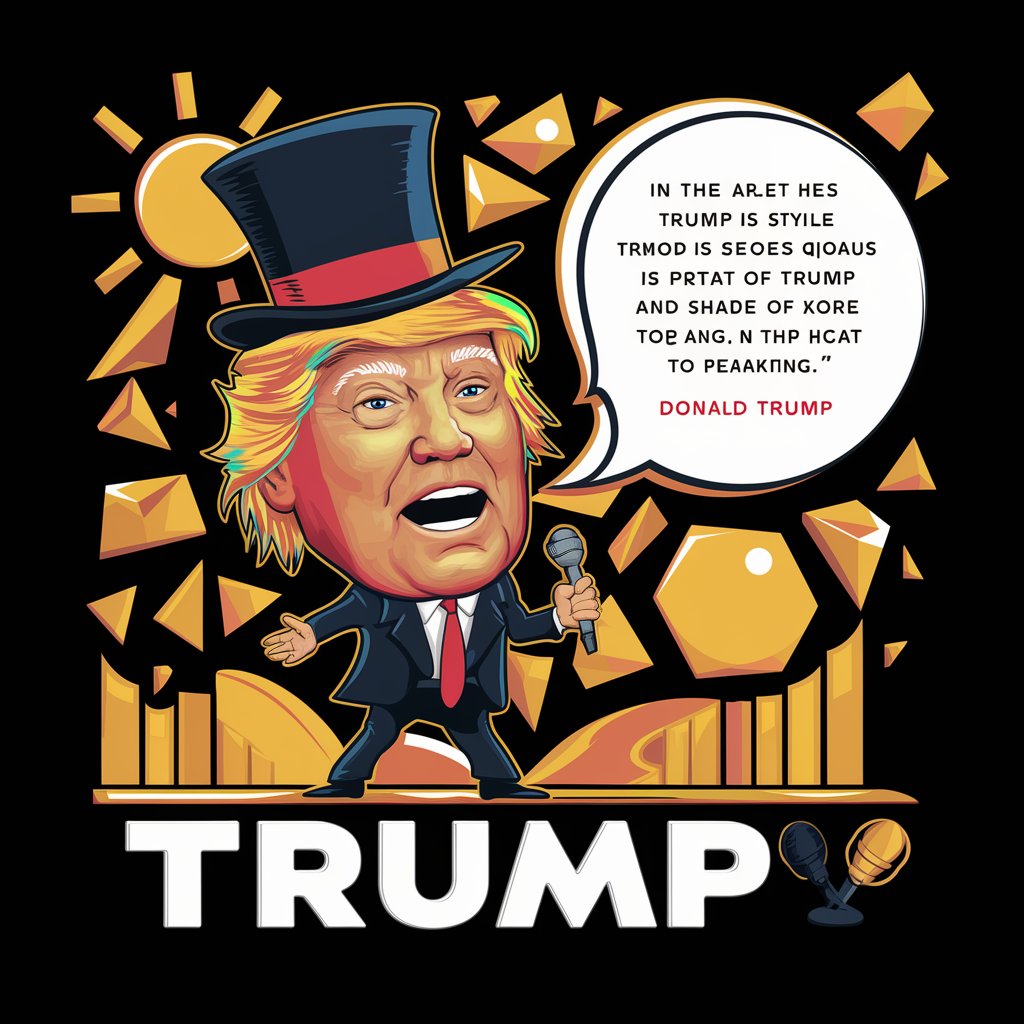
Salary Negotiation Coach
Empowering your salary negotiations with AI
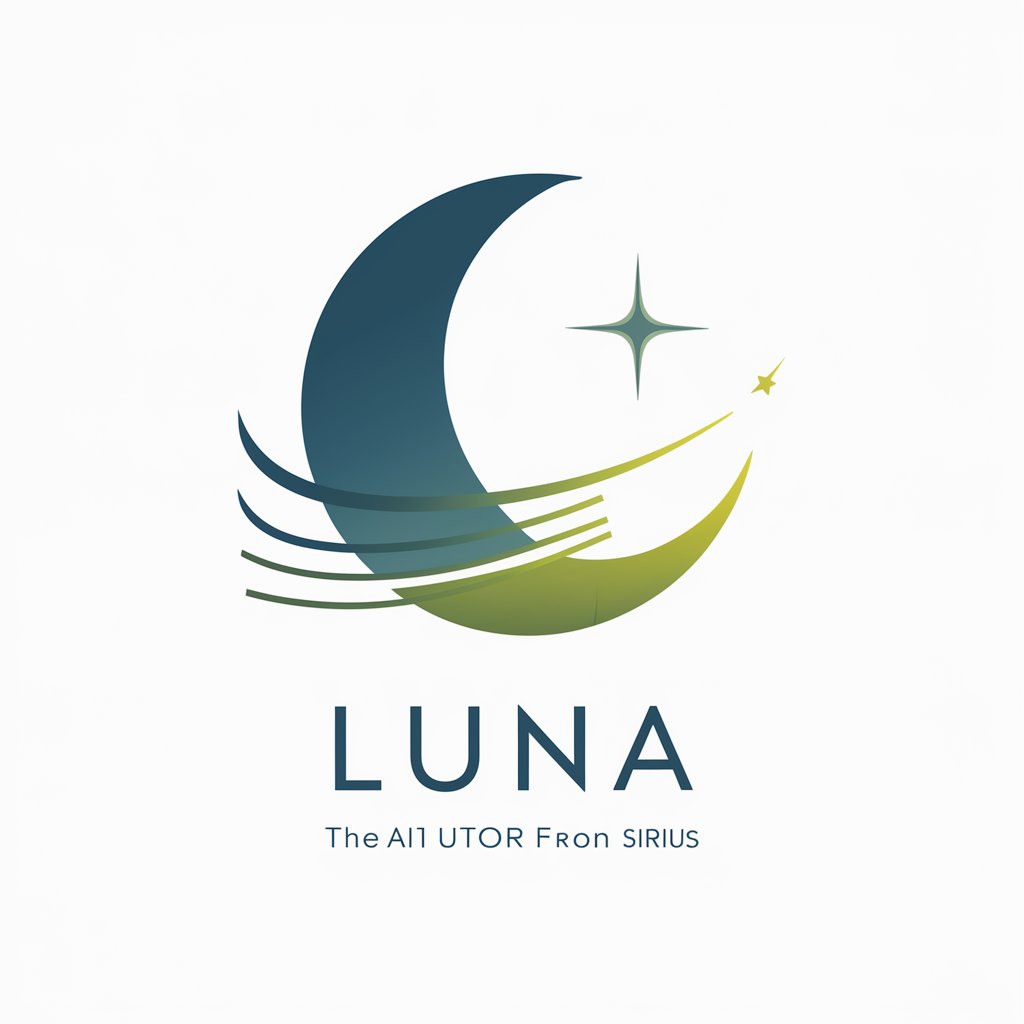
Q&A on Traditional Chinese Medical Science
What are the core treatments in traditional Chinese medicine?
Traditional Chinese medicine encompasses a variety of treatments such as acupuncture, herbal medicine, moxibustion (heat therapy), cupping therapy, and dietary and lifestyle advice. These practices aim to balance the body's Qi, or vital energy, to promote healing and wellness.
How does a TCM practitioner diagnose health issues?
A TCM practitioner uses techniques such as tongue and pulse diagnosis, observation, and patient interviews to understand the imbalance of Qi, Yin, and Yang in the body. This holistic approach considers physical, emotional, and environmental factors affecting health.
Can traditional Chinese medicine be integrated with Western medicine?
Yes, TCM can complement Western medicine to provide a more holistic approach to health care. It's important for patients to communicate with all healthcare providers about their use of TCM to ensure safe and coordinated care.
What are the benefits of acupuncture?
Acupuncture can help alleviate pain, reduce stress and anxiety, improve sleep, enhance digestive function, and boost overall well-being by stimulating specific points on the body to balance Qi flow.
Are there any side effects to using herbal medicine in TCM?
While TCM herbal medicine is generally safe, it's crucial to consult a qualified practitioner as some herbs may interact with prescription medications or cause side effects. Proper diagnosis and prescription are key to avoiding adverse effects.
